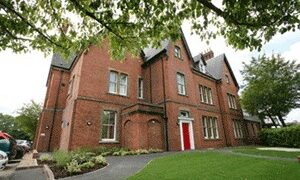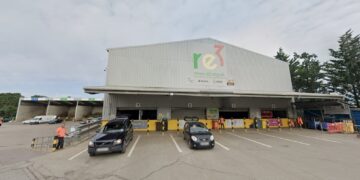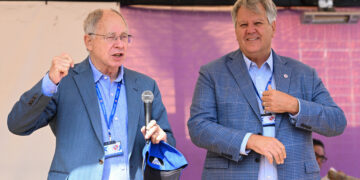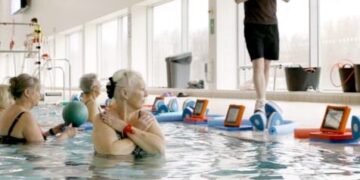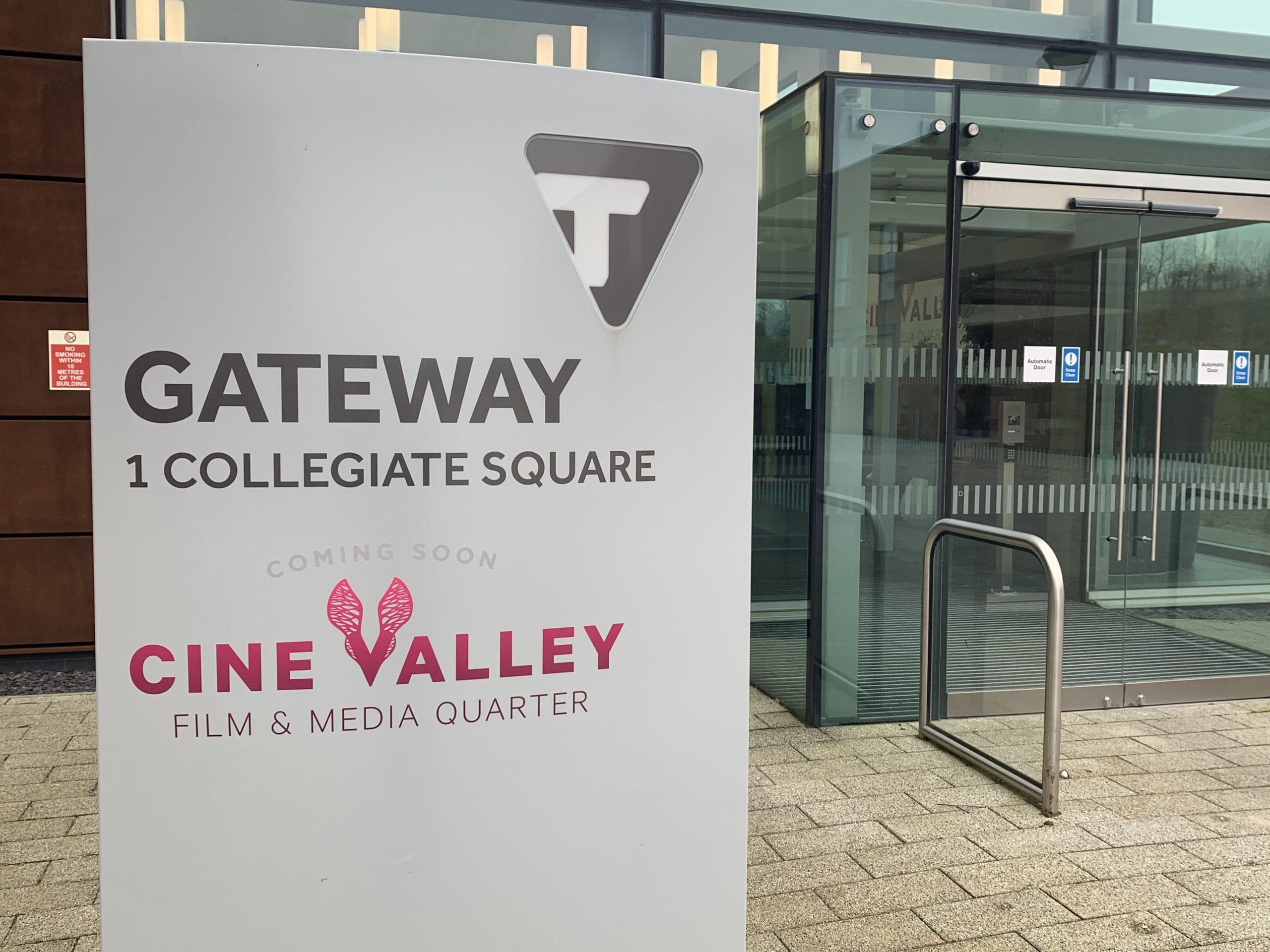A NEW TV studio is planned for the creative media and film hub in Shinfield.
Part of Cine Valley on the Thames Valley Science Park, the University of Reading is proposing a purpose-built TV studio.
The university will present the planning application to Wokingham Borough Council this week for comment.
It is hoped the TV studio will be ready to use early next year. It would host a range of popular TV shows and is being developed to accommodate the latest technology.
Darren Browne, commercial director at the University of Reading, said: “The interest around Cine Valley has been exceptionally strong and we look forward to developing the plans in partnership with and for the benefit of the local community and our students.”
The planned studio building has been designed to be constructed in a matter of weeks rather than months, significantly reducing the impact of construction on existing businesses and the local community.
It is also hoped the finished studio will bring new jobs in the creative industries to Thames Valley Science Park.
John Gibbs, head of School for Film, Theatre & Television, said: “The attractive location of Thames Valley Science Park and specialist expertise within Film, Theatre & Television at the University of Reading has struck a chord with an industry looking to expand production facilities, given the growing global demand for content and inclusive talent.
“As part of the Cine Valley development, we will look to develop a pipeline of local talent, which will include training in many aspects of the Film and Television industry.
“This will help to ensure that production and talent aren’t lost overseas and the UK will remain at the forefront of the creative and technology industries.
“There is significant demand to expand production capabilities in the UK, and this has only increased in the light of the coronavirus pandemic, which has seen a sharp increase in content consumption and a pause in production.”
A range of initiatives are being discussed to encourage engagement with the local community, such as outreach schemes with schools and young people, and giving local people new opportunities for work and entertainment.
The development will also support the university’s aim to become carbon neutral by 2030.

